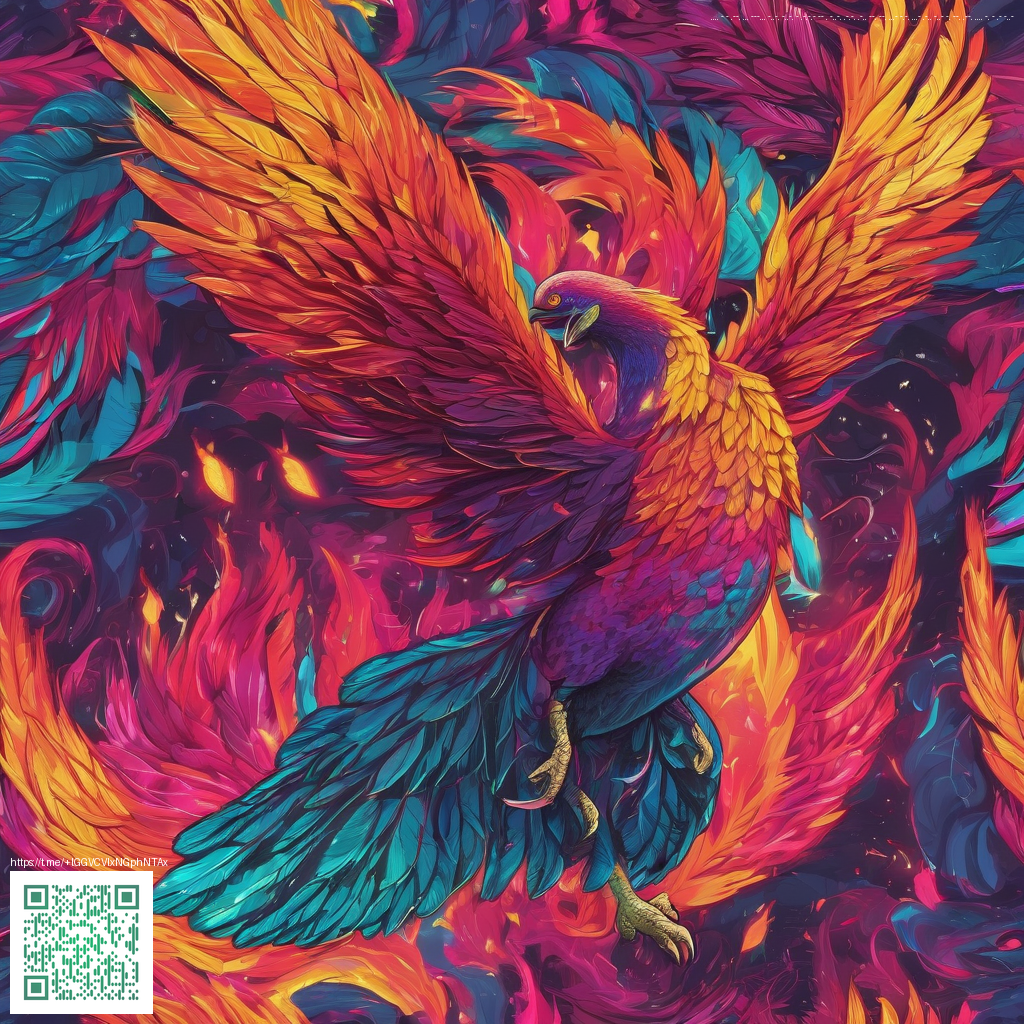
Hitchhiker in the Eye of the Storm
The night bloomed with rain, a black blade cutting through the sky. The highway lay like a rumor, slick and untrustworthy, while thunder pressed its drums against the ribs of the world. A pale moon tried to surface between gray columns of cloud, and a lone figure appeared on the shoulder, drenched to the bone, coat clinging to the bones of his body, hair plastered to a face that looked older than the road he walked away from. Car door sighs opened, and the stranger slid inside as if slipping into a quiet pool after a long run. “Need a ride,” he said, voice even as gravel, eyes gleaming with a patient, unsettling calm.
The driver hesitated, then nodded. The storm outside roared a greeting that sounded almost affectionate, and the windshield wipers began a stubborn, jittering rhythm—their mechanical heartbeat trying to lull the weather into submission. The car sunk into the eye of the storm, that uncanny pocket where the rain holds its breath and the wind forgets to scream. Inside, the air grew warmer, heavier, as if the world had traded the violence of the storm for a hushed, intimate gravity. The hitchhiker’s presence seemed to pull the atmosphere toward him, as if he were a magnet in a museum of weather—quiet, dangerous, and strangely comforting.
The man who rode shotgun asked the obvious: where did you come from, where are you headed? The hitchhiker answered with questions of his own, and their rhythm threaded through the car like a second heartbeat. “Tell me a memory you’ve never spoken aloud,” he said, half-jest, half-serious. And as the driver spoke of a room with a window that never caught the sun, the backseat seemed to lean closer, listening. The storm’s thunder softened to a steady, almost polite applause. The eye of the storm—the quiet center—began to look back at them, a glassy mirror framed by rain. In that calm, the truth lurked: the hitchhiker was not merely a traveler but a collector of endings, a curator of farewells whispered into rain and memory.
“In the eye, you are seen as you truly are, and what you fear most finds you.”
Outside, the world remained a furious carnival of wind and water; inside, the conversation grew heavier with every mile. The hitchhiker spoke of towns that vanish overnight, of roads that remember every car that passes, of passengers who forget how to leave their own stories behind. He asked for one more mile, one more confession, and the driver, cornered by both fear and curiosity, obligingly surrendered a memory he kept like a secret coin. With that memory spoken aloud, the storm shifted, the wind sighed, and the door of the world seemed to tighten its grip around the car. The hitchhiker smiled, a pale crescent in the rain, and for a heartbeat the road itself seemed to exhale, as if releasing a breath it had borrowed from someone else’s life.
When the clouds finally loosened their grasp, the storm released its passenger and the road stretched ahead, suddenly ordinary. The hitchhiker’s seat remained damp, the kind of damp that promises a memory you cannot quite forget. In the rearview, the driver saw not his own face but a gallery of faces—each passenger who had ever ridden through the eye and paid in stories. The road kept moving, and so did they, forever caught between the storm’s mercy and its mercy’s price.
- Rule of the road: never look back into the eye.
- Rule of the storm: the calm is the trap.
- Rule of the hitchhiker: every rider pays with a memory, and sometimes with more than that.